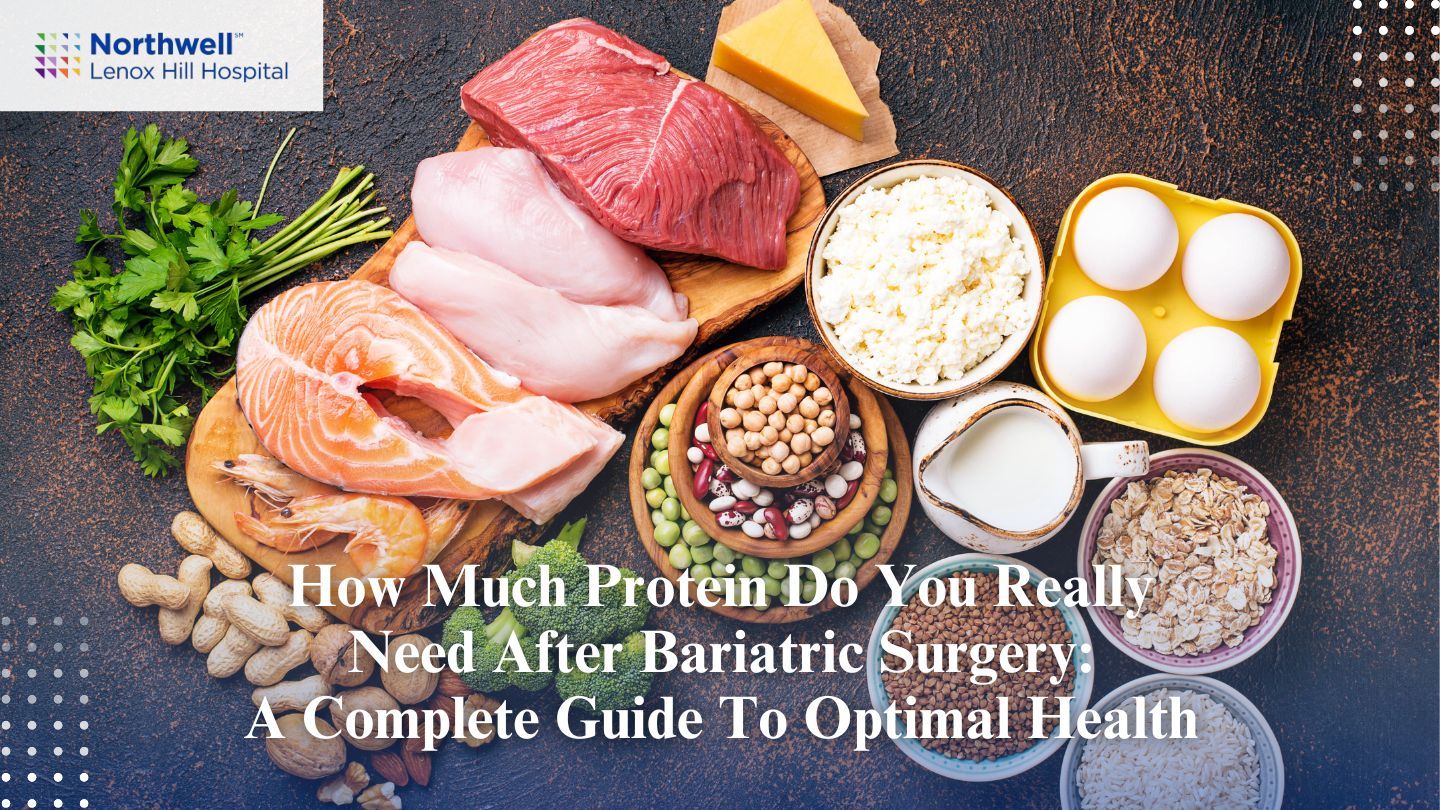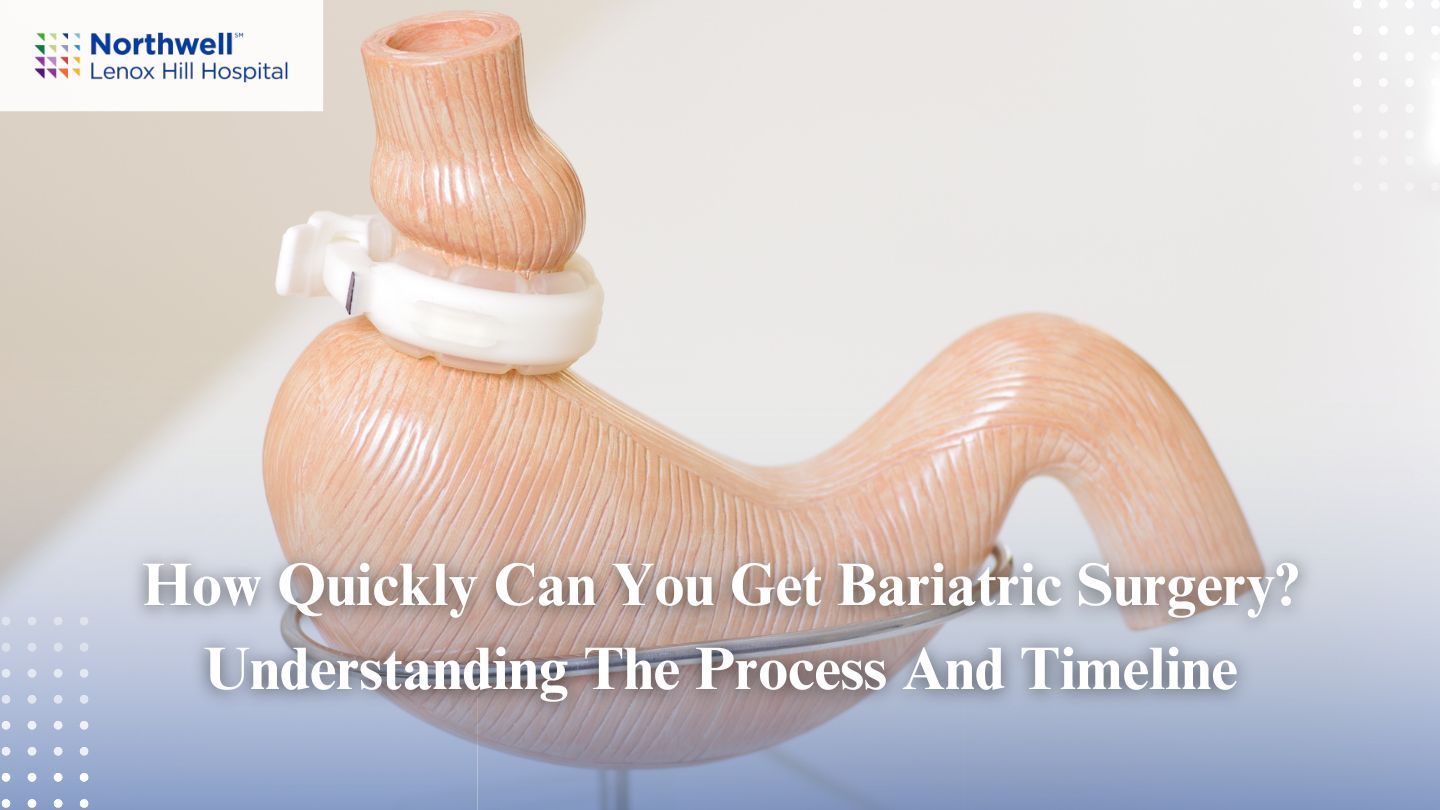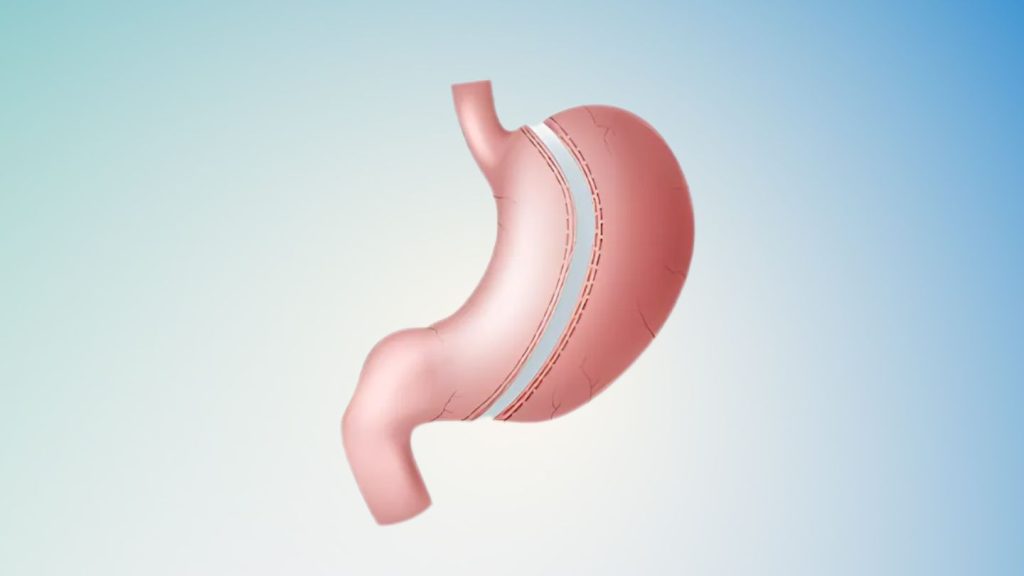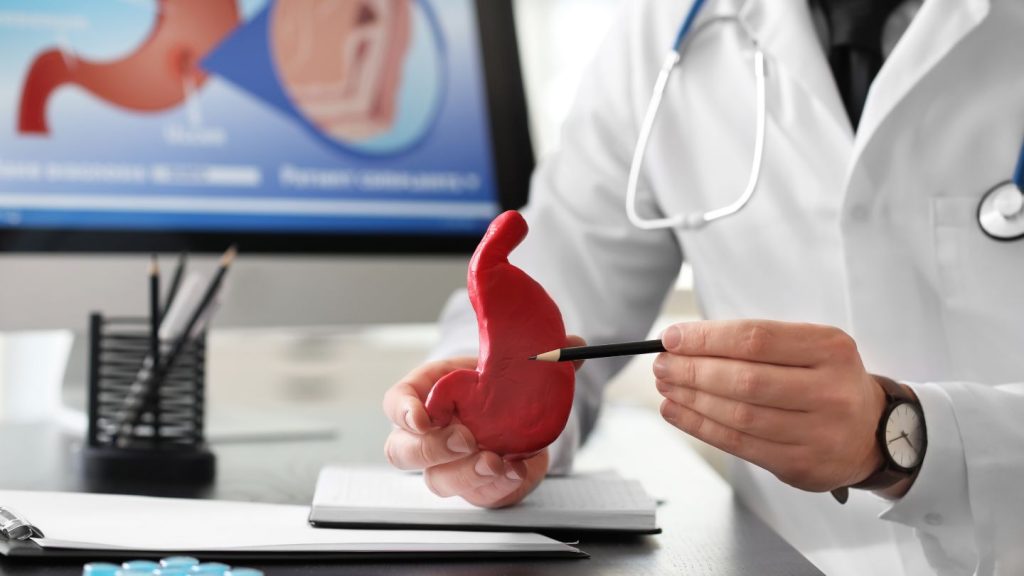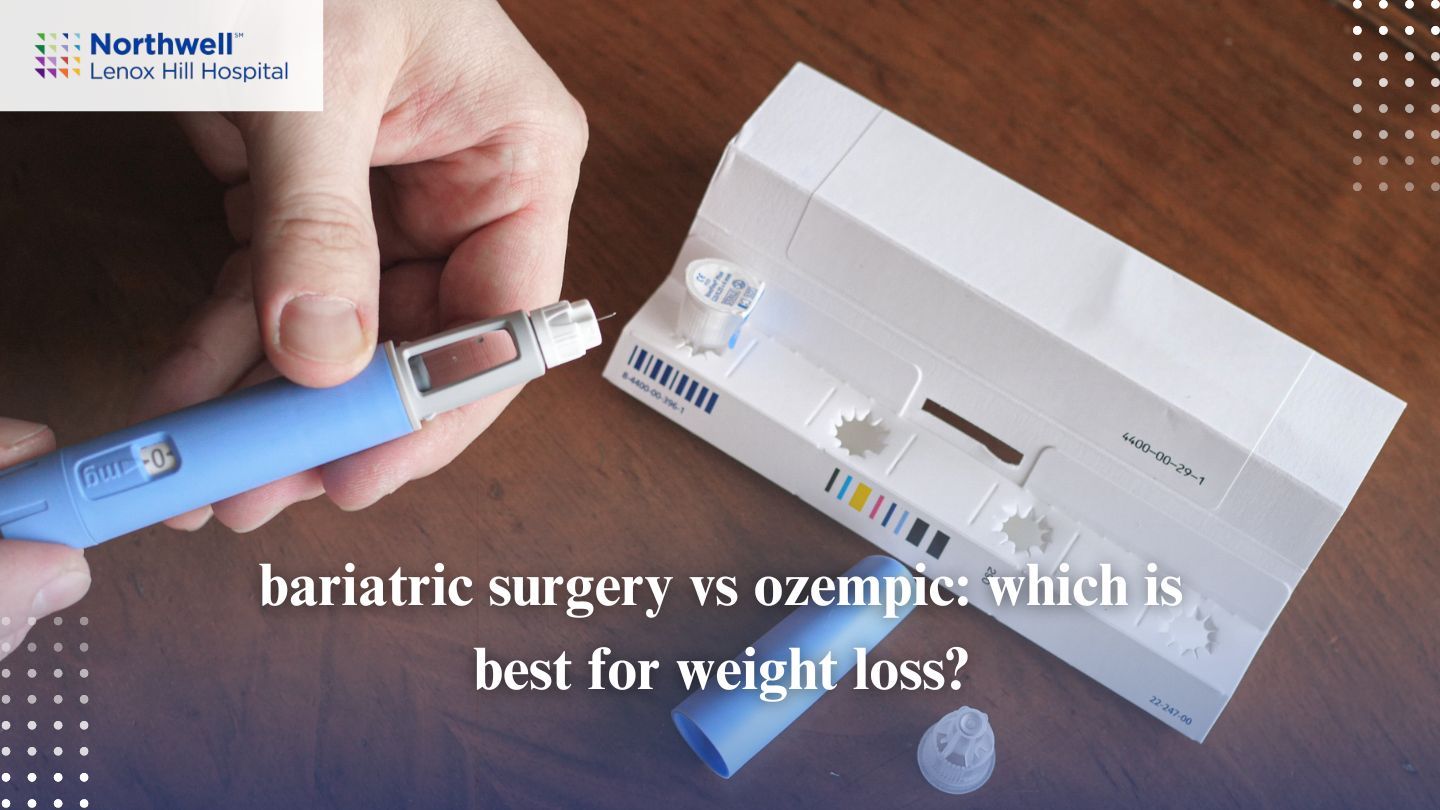How Much Protein Do You Really Need After Bariatric Surgery: A Complete Guide to Optimal Health
After bariatric surgery, your dietary needs change significantly, especially concerning protein. How much protein do you really need after bariatric surgery: a complete guide? Patients generally require 70-100 grams per day for optimal recovery and to maintain muscle mass. This guide will explain the importance of protein, recommend high-quality sources, and provide practical tips for meeting your daily protein goals.
Key Takeaways
- Post-bariatric surgery patients need 70-100 grams of protein daily, with higher amounts for specific surgery types, to aid recovery and maintain muscle mass.
- Incorporating a mix of high-quality animal and plant-based protein sources is essential for ensuring complete amino acid profiles and supporting overall health.
- Regular monitoring and meal planning are crucial for maintaining adequate protein intake, with tracking and possible supplementation recommended during the recovery period.
Understanding Protein Needs After Bariatric Surgery
Undergoing bariatric surgery can significantly enhance one’s well-being, but it necessitates a specialized approach to nutrition, with protein playing a crucial role. Given its importance in maintaining muscle integrity and promoting healing, sufficient protein intake is essential for recovery. Due to reduced portion sizes and changes in digestion after surgery, many individuals who have undergone bariatric procedures find it challenging to consume adequate amounts of protein.
To preserve muscle mass and ensure comprehensive health benefits following the procedure, close attention must be paid to the consumption of dietary protein. Introducing high-protein foods into each meal is vital for meeting these nutritional needs effectively. Bariatric patients should be keenly aware of their required levels of daily protein as part of adhering strictly to their prescribed post-surgical diet plans. Doing so will facilitate optimal physical recuperation after bariatric surgery.
Why Protein is Essential
Protein plays an essential role in bodily functions, particularly following bariatric surgery. Ensuring adequate protein intake is vital for preserving muscle mass during the body’s adjustment period and weight loss phase. It also bolsters the immune system to aid in recovery and healing post-surgery. To fulfill these needs adequately, incorporating high-protein foods into your diet is critical as part of healthier weight loss support.
In order to obtain a comprehensive amino acid profile that enhances the nutritional value of your diet, it’s beneficial to consume both plant-based and animal proteins. This involves diversifying your dietary sources of protein by including options like legumes, tofu, and lean meats such as chicken or fish—each contributing towards fulfilling the requirement for all essential amino acids necessary for optimal health maintenance after bariatric surgery.
Recommended Protein Intake
Individuals who have had bariatric surgery should consume between 70 and 100 grams of protein each day to aid in their recovery and preserve muscle mass. Patients who have undergone a duodenal switch procedure should strive for around 100 grams daily. To achieve these protein targets, it’s recommended that high-protein foods constitute no less than three-quarters of every meal.
Post-surgery, including high-protein items at all meals, is crucial to fulfill one’s nutritional needs effectively. Given the reduced food intake after such surgeries, many patients find it necessary to supplement with liquid protein products in order to meet their daily protein requirements. It is important to work with healthcare professionals in creating an individualized dietary strategy focused on adequate protein consumption.
Read more: 5 High Protein Foods For Bariatric Patients
Sources of High-Quality Protein
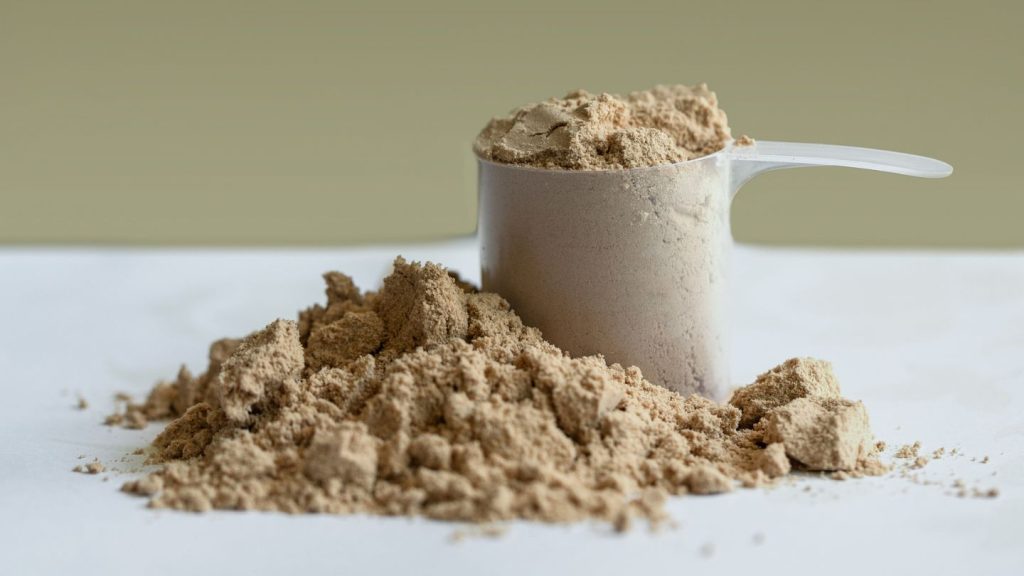
It is essential for individuals who have undergone bariatric surgery to focus on consuming high-quality sources of protein. Foods that are considered high in protein provide a minimum of seven grams per ounce and also offer important vitamins and minerals. Checking the nutrition facts label can help determine the exact amount of protein present in foods. Starting eight weeks post-weight loss surgery, it is advised to integrate low-fat proteins into one’s diet using methods that retain moisture during cooking.
For bariatric surgery patients aiming for a successful recovery and meeting their nutritional requirements, prioritizing high-quality protein intake is key. It’s important to explore a variety of top-tier protein options, including those derived from animal products and plants, as well as supplementary forms.
Read more: What Happens When You Don’t Take Bariatric Vitamins After Surgery: Risks and Consequences
Animal Protein Sources
Individuals who have undergone bariatric surgery should prioritize the consumption of low-fat animal protein sources, such as skinless poultry and lean cuts of beef. Due to its high protein concentration and minimal fat content, seafood emerges as a superior option. Incorporating diverse sources of protein is crucial for achieving well-rounded nutrition and fulfilling daily protein requirements, with excellent choices, including chicken, turkey, pork loin, and beef sirloin.
Both fish and shellfish are valuable options offering high-quality protein while maintaining low levels of fat. These sources not only abound in essential amino acids but also offer flexibility when it comes to meal planning – a key factor for those following a bariatric diet.
Plant-Based Protein Options
Beans and lentils, which fall under the category of legumes, are outstanding sources of plant-based protein and ought to be incorporated into one’s nutritional regimen. Tofu is another highly adaptable source of plant protein that bariatric patients can include i n a multitude of recipes. By mixing plant-based proteins such as legumes with tofu, one can secure the necessary consumption of essential amino acids.
Incorporating a diverse selection of complete protein sources into their dietary plan enables individuals to meet their protein goals while adhering to a nutritious diet.
Protein Supplements
Protein supplements are a practical solution for many bariatric patients to meet their protein needs. Dairy proteins, like whey and casein, are excellent supplement options. Egg white and soy proteins are also ideal choices. Egg white protein is particularly effective for post-bariatric surgery patients. Choosing protein supplements low in calories, carbohydrates, and fat while high in protein is essential.
Liquid protein supplements are balanced, convenient, and cost-effective. They support adequate protein intake, especially in the initial months post-surgery when food intake is limited. Using protein shakes and powders helps ensure you’re meeting your protein goals.
Protein Intake Over Time Post-Surgery
Managing protein intake over time is critical for healing and long-term success after surgery. Reintroducing protein-rich foods slowly allows the stomach to heal and reduces the risk of obstruction. Starting with liquid protein supplements immediately after surgery meets protein needs during the initial recovery phase.
Guidance through the phases of reintroducing protein into your diet, from liquid to pureed foods and eventually solid foods, is provided here.
Liquid Diet Phase
Following bariatric surgery, it is crucial for patients to stick to a completely liquid diet for the initial fourteen days. During this period, protein drinks serve as the fundamental source of protein. To fulfill their protein requirements while recovering, patients must rely on liquid protein supplements.
These supplements play an invaluable role when dietary intake is restricted by providing vital nutrients that aid in the healing process.
Transition to Pureed Foods
Around three weeks post-surgery, patients can start incorporating pureed foods into their diet. Prioritize high-protein, low-fat, lean animal proteins like skinless chicken, turkey, pork loin, and beef sausage. Lower fat, lean meats like seafood and skinless poultry are advisable.
Avoid foods like baby food due to their low protein content.
Solid Food Reintroduction
Start by incorporating small amounts of easily digestible proteins back into your diet to maintain comfort and safety while eating. Over time, slowly expand the range and amount for a seamless transition to solid proteins.
Practical Tips for Meeting Protein Goals

Including a variety of protein-rich foods is crucial for recovery post-bariatric surgery. Protein sources also provide essential vitamins and minerals like vitamins A, B, D, iron, and zinc.
Here are practical tips to help you meet your protein goals, including meal planning, food fortification, and tracking intake.
Meal Planning and Preparation
Creating a weekly menu that prioritizes high-protein foods is crucial for fulfilling daily protein needs. Preparing meals ahead of time with an emphasis on protein-rich options provides convenient access to high-protein choices all week long.
Incorporating around three ounces of protein per meal, which is comparable to the dimensions of a deck of cards, ensures adequate intake. Cooking proteins through grilling, baking, slow cooking, or stewing not only enhances digestibility but also improves their palatability.
Using Food Fortification
Incorporating nonfat dry milk powder into dishes such as casseroles and soups can increase their protein content without changing the taste. Enhancing smoothies with a serving of protein powder not only improves their nutritional profile but also maintains their deliciousness.
The practice of food fortification serves as an effective method to boost protein intake, which is essential for both recovery and maintaining good health.
Tracking Protein Intake
Mobile apps or journals effectively assist in monitoring daily protein consumption. Food tracking apps simplify logging food and monitoring protein intake, helping meet dietary goals. Tracking protein intake ensures adequate consumption and prevents deficiencies.
Common Challenges and Solutions
Consuming sufficient protein from food alone is challenging for bariatric patients during the early months of post-surgery. Symptoms such as fatigue, hair loss, and poor wound healing may indicate insufficient protein consumption. Adequate protein intake prevents these issues and manages hunger between meals.
Protein shakes or bars can help meet daily protein targets. Keeping a food diary to track protein intake ensures adequate protein consumption.
Difficulty Tolerating Protein
Alternative protein sources, like plant-based options or certain dairy products, can help those struggling with traditional protein sources. Minced or wafer-thin meats can be more tolerable for those who find traditional cuts challenging.
Some bariatric patients struggle to tolerate certain protein sources due to changes in their digestive systems.
Protein Fatigue
Adding a variety of spices and herbs to protein-rich dishes can help overcome dullness by improving taste and increasing pleasure. Try out different cooking methods, such as stir-frying or using a slow cooker, which adds diversity to the way proteins are prepared.
Exploring various recipes is an effective strategy for preventing boredom associated with eating protein-centric meals repeatedly.
Read more: Top Protein Sources: How Vegetarians Can Get Enough Protein After Weight Loss Surgery
Monitoring and Adjusting Protein Intake

It is critical for the recovery and overall well-being of patients following bariatric surgery to maintain regular checks and modifications of their protein consumption. Patients who are physically active after undergoing bariatric procedures should keep a close watch on their intake of both macro- and micronutrients, as well as ensure they are properly hydrated to meet nutritional needs.
For those who have undergone bariatric surgery, it is advised not to exceed 1.5 grams of protein per kilogram of their ideal body weight each day when it comes to protein consumption.
Regular Check-ups
Regular meetings with healthcare experts are essential for customizing protein consumption based on personal health advancements after surgery. These consultations allow dietary strategies to be modified according to how the recovery is progressing.
It’s important to have follow-up appointments as they play a vital role in fine-tuning the amount of protein intake in relation to the healing process.
Signs of Inadequate Protein Intake
Signs of protein deficiency include fatigue, muscle loss, and impaired wound healing. Consult a healthcare provider if you notice these symptoms to adjust your dietary plans.
Regular monitoring and consultation ensure you maintain adequate protein intake, supporting recovery and overall health.
Summary
Protein intake is essential for recovery and achieving long-term success after bariatric surgery. It supports muscle preservation, promotes healing, and ensures you meet your new dietary needs effectively. Understanding how much protein to consume and incorporating it daily sets the foundation for a healthier you, helping tackle the unique challenges that follow this life-changing procedure.
At the Lenox Hill Bariatric Surgery Program, we prioritize guiding our patients through every step of their weight loss journey, including essential dietary adjustments like protein requirements. If you’re seeking expert support for bariatric surgery in NYC, our team is here to offer comprehensive care and personalized strategies for gastric sleeve, gastric bypass, and gastric banding surgery. Contact us to start your path to better health with a program designed to help you succeed every step of the way.
Frequently Asked Questions
How much protein should I aim for daily after bariatric surgery?
Following bariatric surgery, it is recommended that your daily protein consumption should be between 70 and 100 grams. If you have had a duodenal switch procedure, the goal should be closer to 100 grams of protein each day.
What are some good sources of high-quality protein?
High-quality protein can be found in lean meats such as chicken and turkey, seafood, legumes, tofu, and protein supplements like whey and casein.
Incorporating these into your diet can help you meet your protein needs effectively.
Why is protein so important after bariatric surgery?
Protein is crucial after bariatric surgery as it helps maintain muscle mass, supports your immune system, and enhances healing and recovery.
Prioritizing protein intake will significantly aid your post-surgery progress.
How can I ensure I meet my protein goals?
To ensure you meet your protein goals, focus on planning your meals around high-protein foods and consider tracking your intake with mobile apps or journals for better accountability.
Incorporating food fortification methods, such as adding skimmed milk powder to your dishes, can further increase your protein consumption.
What should I do if I experience signs of inadequate protein intake?
If you experience signs of inadequate protein intake, such as fatigue or muscle loss, it’s essential to consult a healthcare provider to assess your diet and make necessary adjustments.
Professional guidance can help ensure you meet your protein needs effectively.
